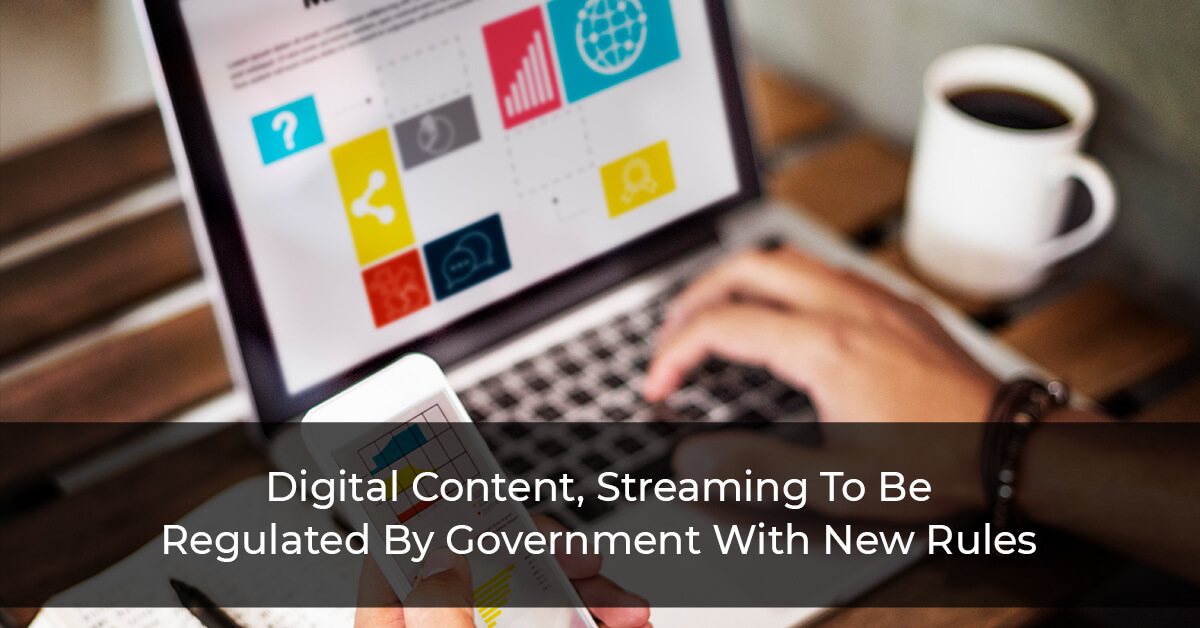Highlights:
- Government moves to regulate digital content in India with the new rules
- The Information Technology (Guidelines for Intermediaries and Digital Media Ethics Code) Rules, 2021 prescribes how different digital organisation will be regulated by the govt
- Draft rules make traceability of the originator of messages a must on prominent social media platforms
The new rules from the Indian Government to regulate the digital content and streaming platforms will include a strict oversight mechanism involving multiple ministries and also a code of ethics that will band the content which will affect “the sovereignty and integrity of India” and that which threatens national security.
The Information Technology (Guidelines for Intermediaries and Digital Media Ethics Code) Rules, 2021 prescribes, for the first time, how different digital firms including news organisations, social media platforms and also the OTT streaming services will be regulated by the government.
A copy of the draft rules, which are set to be released by the IT Minister Ravi Shankar Prasad and the Information and Broadcasting Minister Prakash Javadekar, has been put out by the Internet Freedom Foundation (IFF).
According to the draft on the IFF, the oversight mechanism will include a committee with representatives from several Union Ministries including Ministries of Defence, External Affairs, Home, I&B, Law, IT and Women and Child Development.
Also Read: India Slams Pak At UNHRC For Misusing International Platforms For “Baseless” Propaganda
This committee will have the “suo motu powers” to call hearings on complaints of the violation of the Code of Ethics if it sees fit. The committee can not only warn, censuring, admonish or reprimand violators, but also seek an apology besides other actions.
The government will designate an officer of the rank of a Joint Secretary or above as the “Authorised Officer” who can also call for blocking of content.
In addition to all this, the draft rules state that the traceability of the originator of messages will be a must on prominent social media platforms, which goes against the end-to-end encryption on the messaging platforms such as WhatsApp and Signal.
The draft would force OTT streaming services such as Netflix and Prime Video, who objected to an independent appellate body for hearing streaming complaints, to submit to the authority of an appeals body headed by a retired high court or Supreme Court justice.
If this body believes that the content violates the law, it would be empowered to send the content to a government-controlled committee for blocking orders to be issued.


